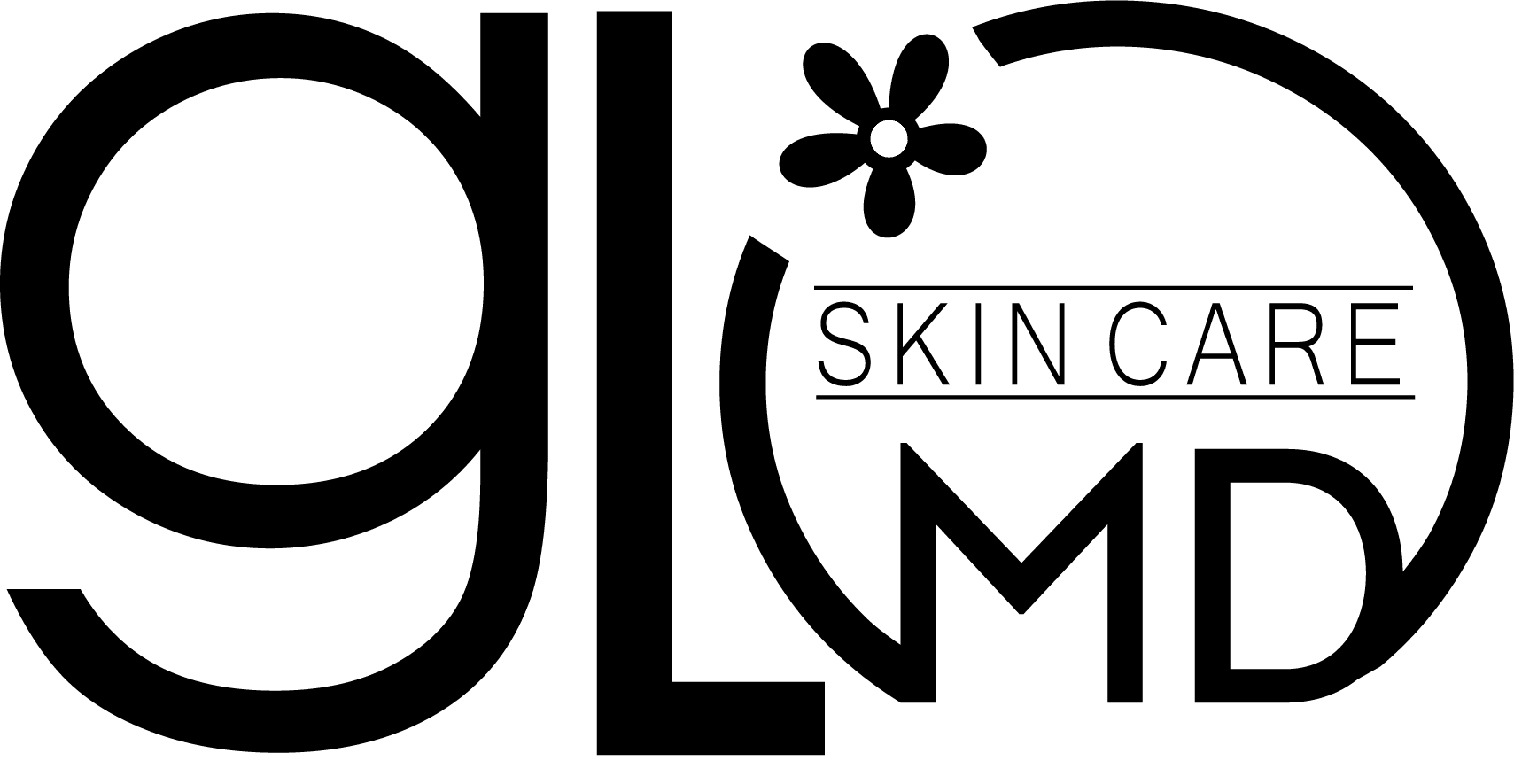IV Vitamin Therapy
IV Vitamin Therapy is made up of formulated intravenous solutions for the effective treatment of moderate to severe dehydration, and has been found to be effective against asthma, migraines, fatigue (including chronic fatigue syndrome), acute muscle spasm, upper respiratory tract infections, chronic sinusitis, seasonal allergic rhinitis, and other disorders.
GLO Skin Care MD mixes each bag fresh specifically for the patient's needs. A combination of intravenous vitamins and prescribed medications, if needed, are mixed based on the patient's health history, presentation, bloodwork, and desired results.
Examples of IV Vitamin Therapies
Some of the Most Utilized IV Vitamin Drip Ingredients
Alpha-Lipoic Acid
Alpha-lipoic acid is an antioxidant that is made naturally in the body and also found in foods. It is used to break down carbohydrates and to make energy. Alpha-lipoic acid is both fat and water soluble. Several studies suggest alpha-lipoic acid helps lower blood sugar levels. Its ability to kill free radicals may help people with diabetic peripheral neuropathy, who have pain, burning, itching, tingling, and numbness in arms and legs from nerve damage.ALA May Help to:
- Prevent cataracts
- Prevent cancer
- Treat cancer
- Treat diabetes
- Treat diabetic neuropathy
- Treat liver disease
Other ALA Benefits:
- Helps with Weight Loss
- Lowers blood sugar levels by up to 64%
- May Reduce Skin Aging
- May slow memory loss
- Promotes healthy nerve function
- Reduces inflammation
- May lower heart disease risk factors
Absorbic Acid
Vitamin C, also known as L-ascorbic acid, is a water-soluble vitamin that is naturally present in some foods, added to others, and available as a dietary supplement. Humans, unlike most animals, are unable to synthesize vitamin C endogenously, so it is an essential dietary component. Ascorbic acid (vitamin C) is used as a supplement when the amount of ascorbic acid in the diet is not enough. Absorbic Acid is an essential nutrient that your body needs to form cartilage, blood vessels, muscle, and collagen in bones. This vitamin and power antioxidant provides several benefits to the body including a strong immune system, improved mood, faster wound healing, and prevents heart disease and hypertension. People most at risk for ascorbic acid deficiency are those with a limited variety of food in their diet, or who have intestinal malabsorption problems from cancer or kidney disease.Low levels of vitamin C have been associated with:
- High blood pressure
- Gallbladder disease
- Stroke
- Some cancers
- Atherosclerosis
Studies suggest that vitamin C may also be helpful for:
- Boosting immunity
- Maintaining healthy gums
- Improving vision for those with uveitis
- Treating allergies (Asthma, Eczema, and Hay fever)
- Reducing effects of sun exposure (Sunburn)
- Alleviating dry mouth
- Healing burns and wounds
- Decreasing blood sugar in people with diabetes
- Some viral conditions (Mononucleosis and COVID-19)
B Complex
Vitamin B Complex is composed of eight B vitamins including B1 (Thiamine), B2 (Riboflavin), B3 (Niacin), B5 (Pantothenic), B6 (Pyridoxine), B7 (Biotin), B9 (Folic Acid), and B12 (Cobalamin). Each of these essential vitamins contribute to the overall function of the body and help maintain good health. B vitamins increase energy levels, improve memory, stimulate the immune system, boost skin/hair health, reduce stress, boost mood, and reduce symptoms of anxiety or depression.Vitamin B complex may help prevent infections and help support or promote:
- Cell health
- Growth of red blood cells
- Energy levels
- Eyesight
- Brain function
- Digestion
- Appetite
- Proper nerve function
- Hormones and cholesterol production
- Cardiovascular health
- Muscle tone
Glutathione
Glutathione, referred to as ‘the mother of antioxidants’, is produced in cells and is made from three amino acids: cysteine, glutathione, and glycine. Glutathione is involved in tissue building and repair, detoxification, immune system function, and making chemicals and proteins needed by the body. Glutathione can be used to lighten skin and fight visible signs of aging. Supplements of Glutathione are often recommended for health conditions including Alzheimer’s and heart disease.Glutathione has many important functions, including:
- Making DNA
- Supporting immune function
- Forming sperm cells
- Breaking down some free radicals
- Helping certain enzymes function
- Regenerating vitamins C and E
- Transporting mercury out of the brain
- Helping the liver and gallbladder deal with fats
- Assisting regular cell death
The benefits of glutathione may include:
- Antioxidant activity
- Preventing cancer progression
- Reducing cell damage in liver disease
- Improving insulin sensitivity
- Reducing symptoms of Parkinson’s disease
- Reducing ulcerative colitis damage
- Treating autism spectrum disorders
